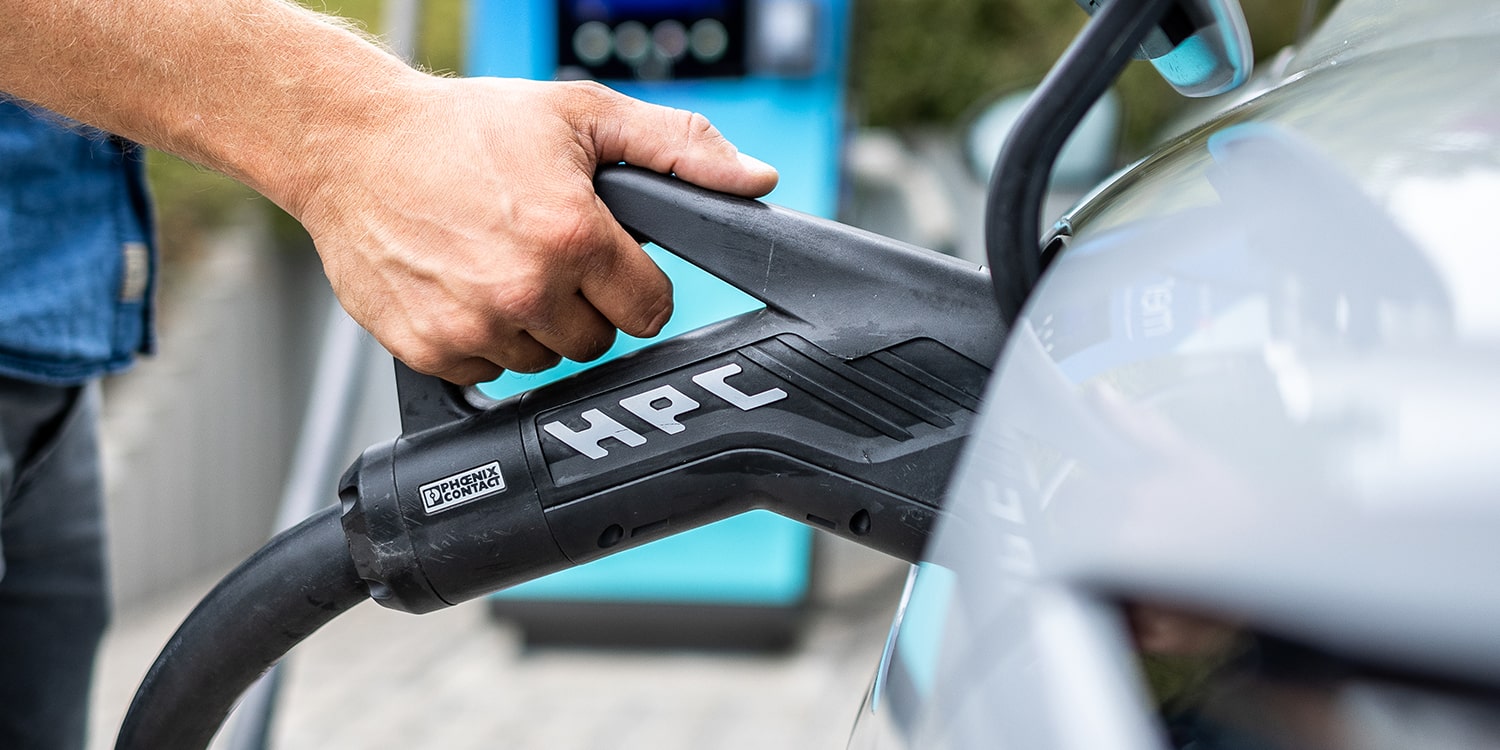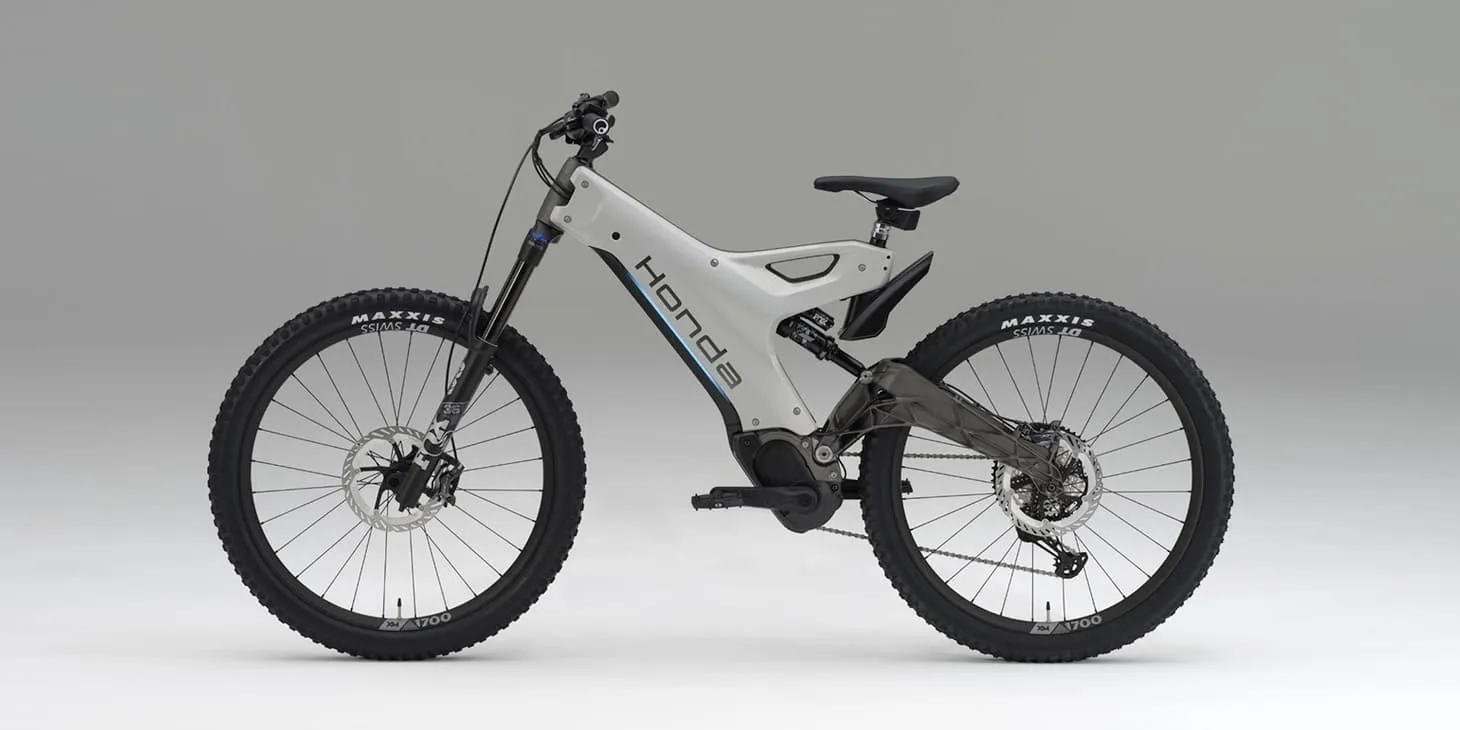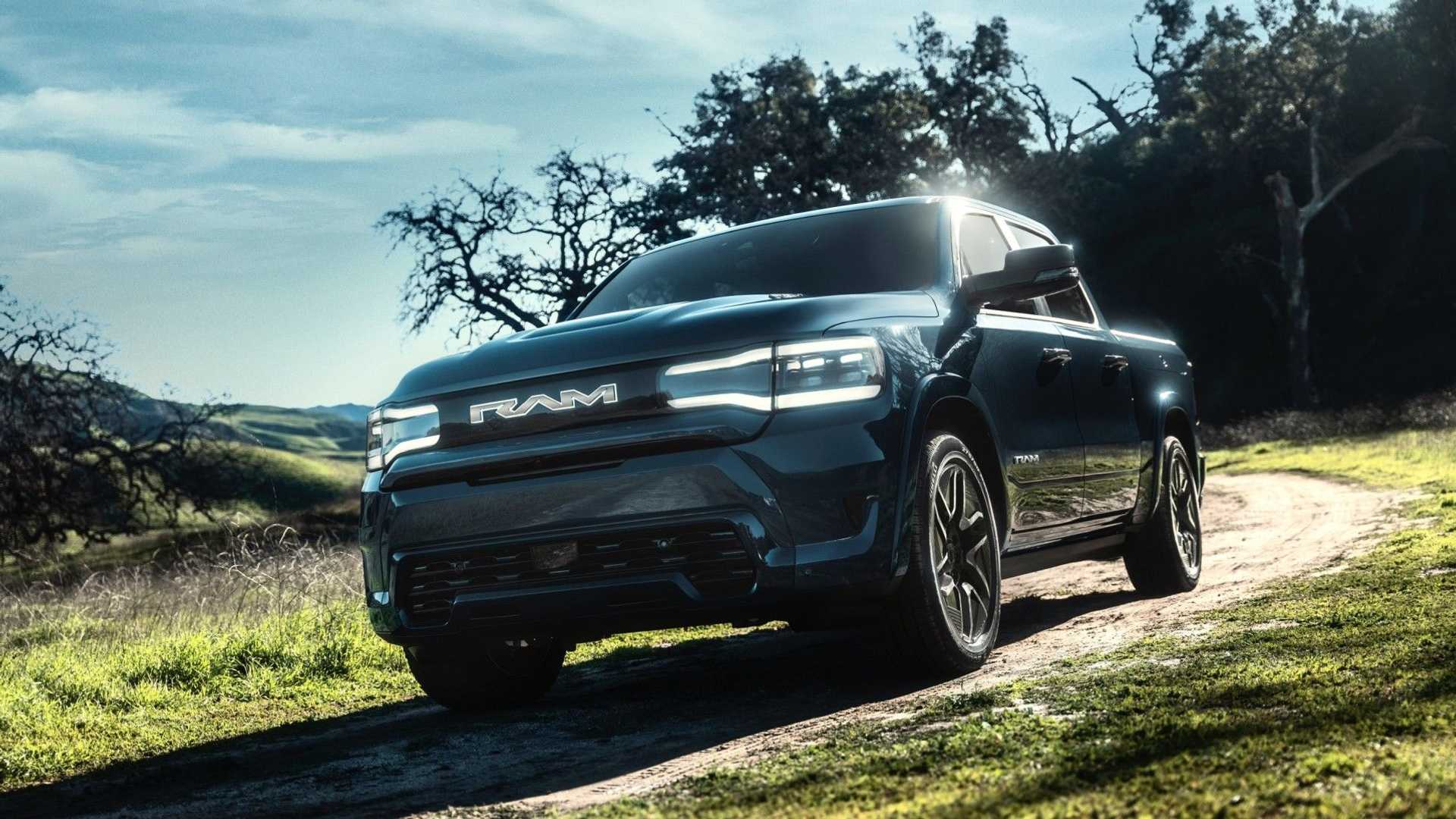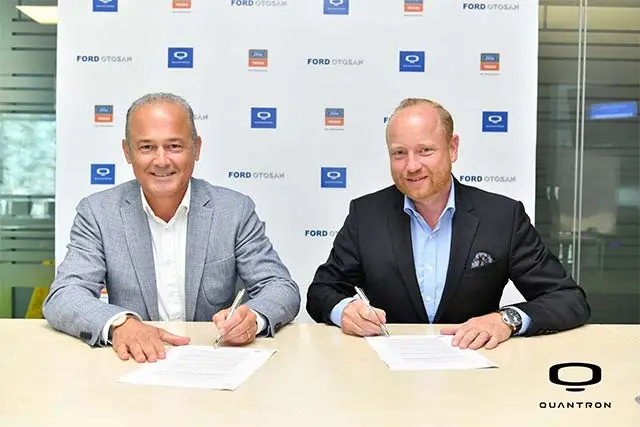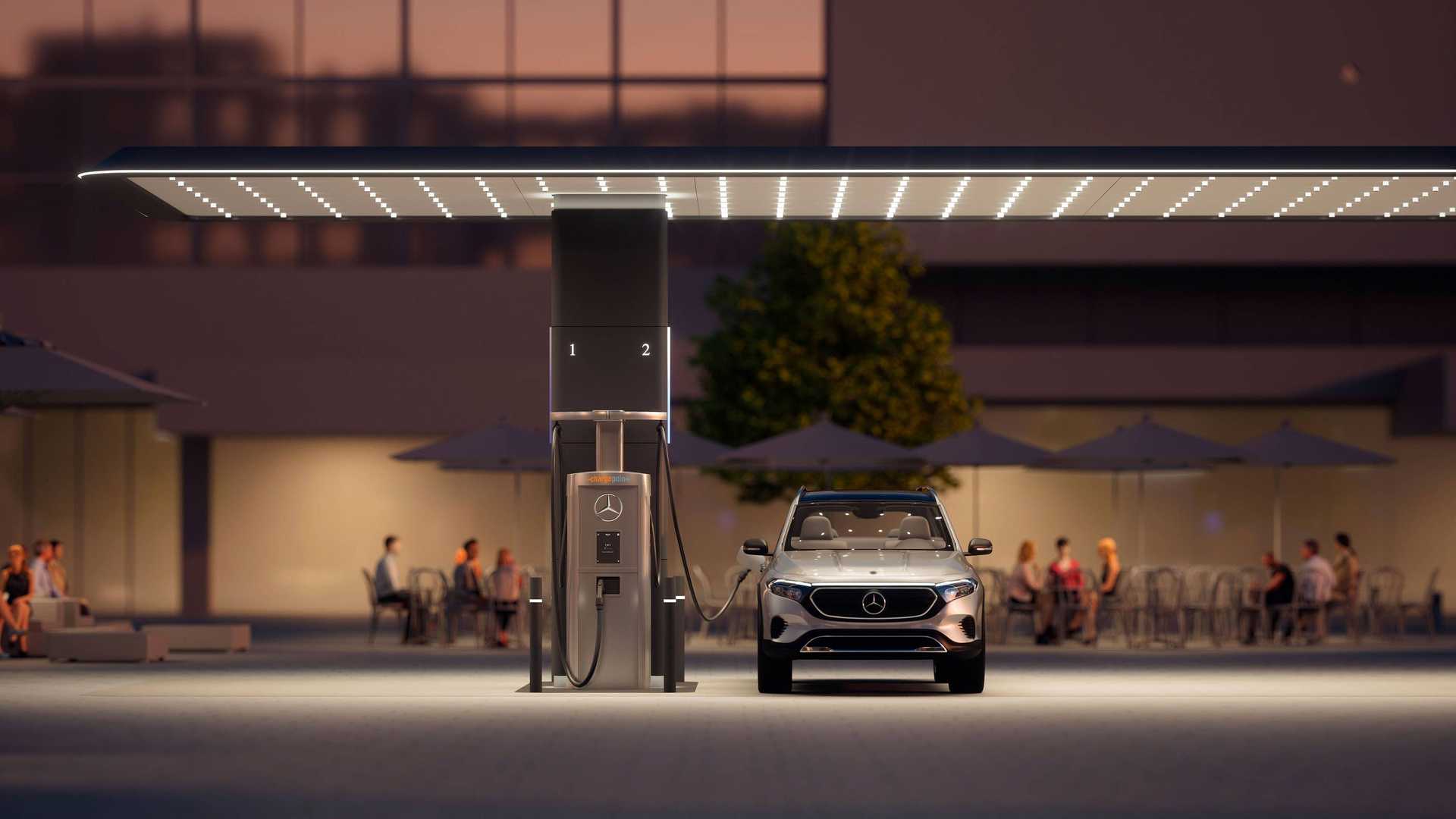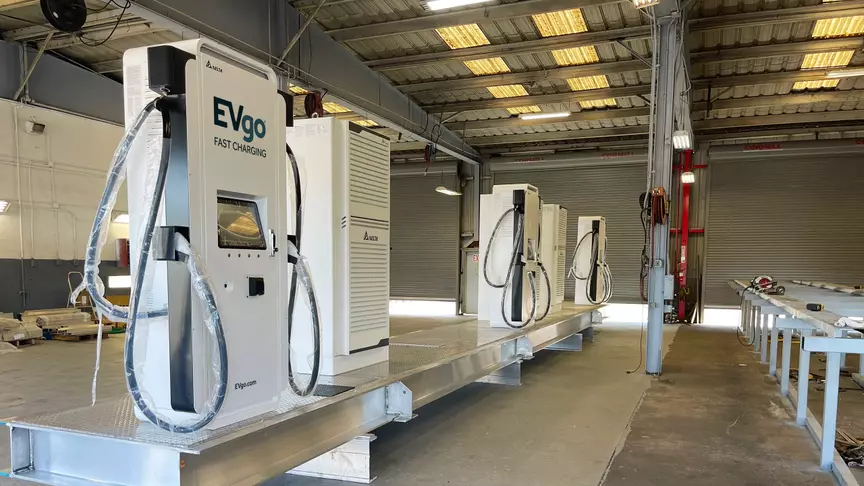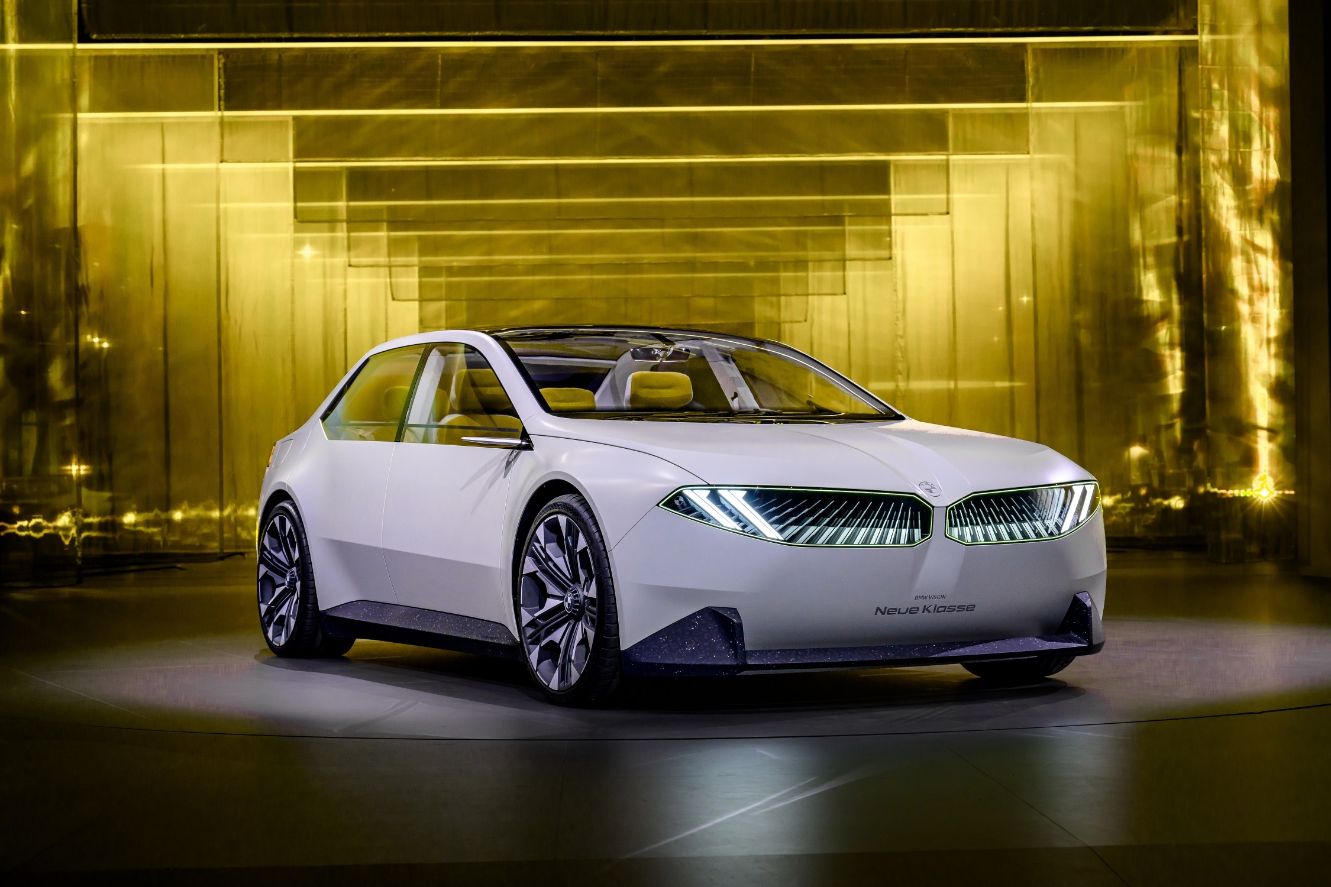The surging demand for electric vehicles (EVs) is causing a growing rift between consumer interest and the investments made by automakers. While sales of battery-electric vehicles are on a steady incline, the significant capital poured into the sector by major manufacturers is raising concerns that expected returns may not materialize as swiftly as anticipated.
One prevailing factor contributing to industry anxiety is the impact of high-interest rates, a concern shared by industry analysts and even Tesla’s CEO, Elon Musk. Musk emphasized the potential hurdles created by the high-interest rate environment during an earnings call, stating, “The vast majority of people buying a car is about the monthly payment. If interest rates remain high or if they go even higher, it’s that much harder for people to buy the car.”
This financial climate has already prompted Tesla to slow down its plans for a new factory in Mexico. Concurrently, Honda and General Motors have opted to abandon a $5 billion joint development initiative aimed at creating affordable electric SUVs.
Ford, another industry giant, recently announced a temporary slowdown in the production of its highly anticipated F-150 Lightning electric truck. The decision to reduce the manufacturing pace from three to two shifts followed a July announcement in which Ford redirected its investment focus toward commercial and hybrid vehicles.
The ripple effect of decreased demand from automakers is being felt in the prices of raw materials essential for EV production. Reuters reported a sharp decline in lithium prices by 67%, with cobalt seeing a 20% drop in 2023, marking a 50% decrease since May 2022.
These challenges are not exclusive to U.S. manufacturers, as China, a major player in the global EV market, faces its own set of issues. Despite experiencing strong demand for budget-friendly EVs from Europe, China’s domestic market is witnessing a downturn. Prominent Chinese battery maker CATL reported its weakest third quarter of the year, attributing the slump to reduced demand and intensified competition.
In Europe, Volkswagen adjusted its profit margin outlook, citing hedges in raw material procurement that have now backfired as material prices plummet.
Despite the industry’s alarm, consumers continue to embrace electric vehicles, resulting in a steady increase in sales figures. In the third quarter of 2023, the United States saw electric vehicle deliveries surpassing 300,000 for the first time ever. Furthermore, the European Union experienced a 14.3% increase in EV sales, while China reported a remarkable 22% growth in this market segment.

